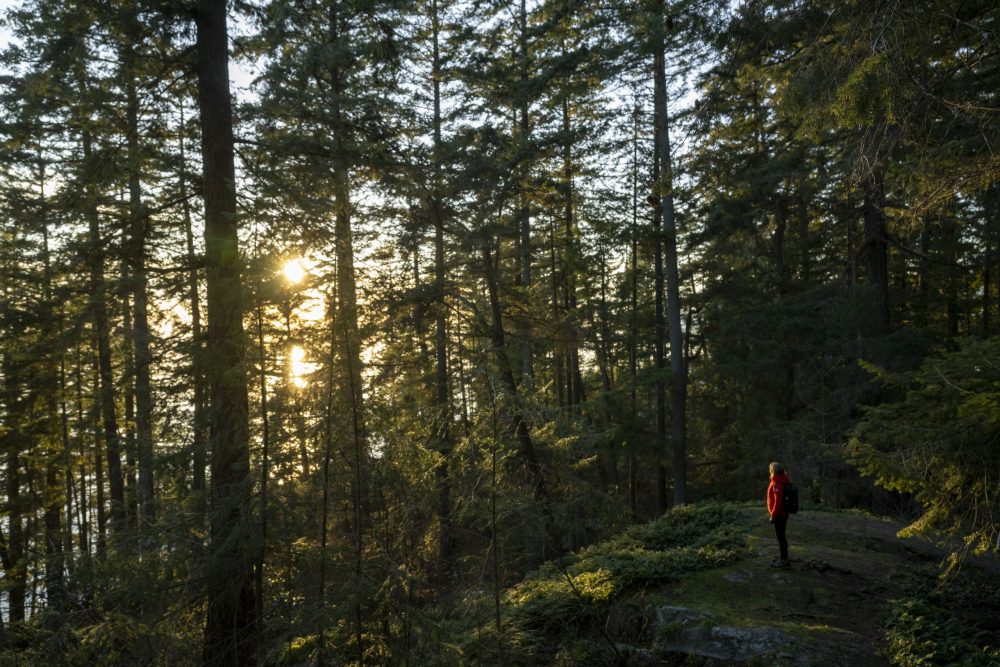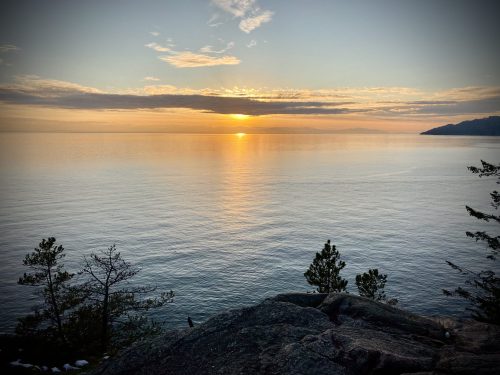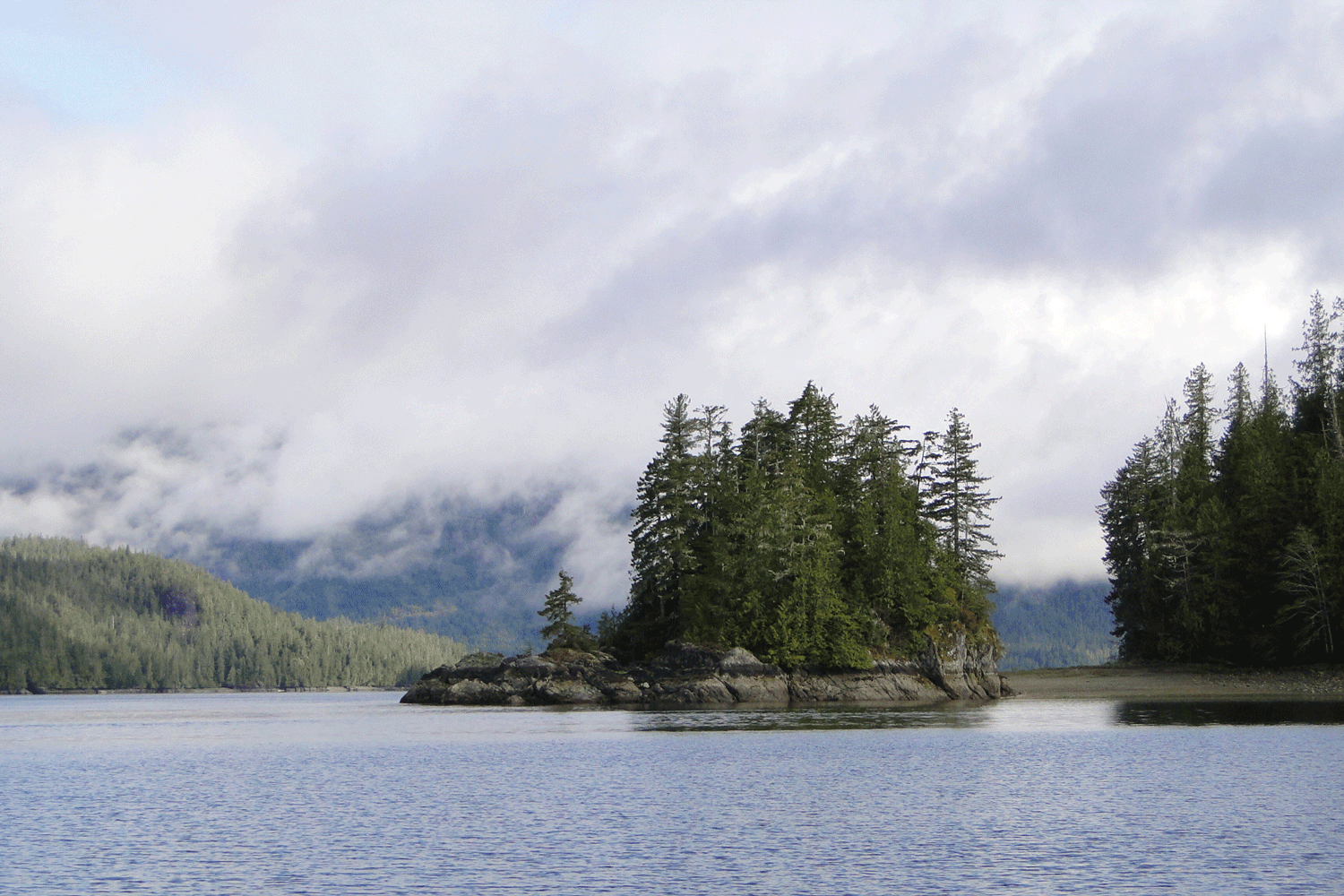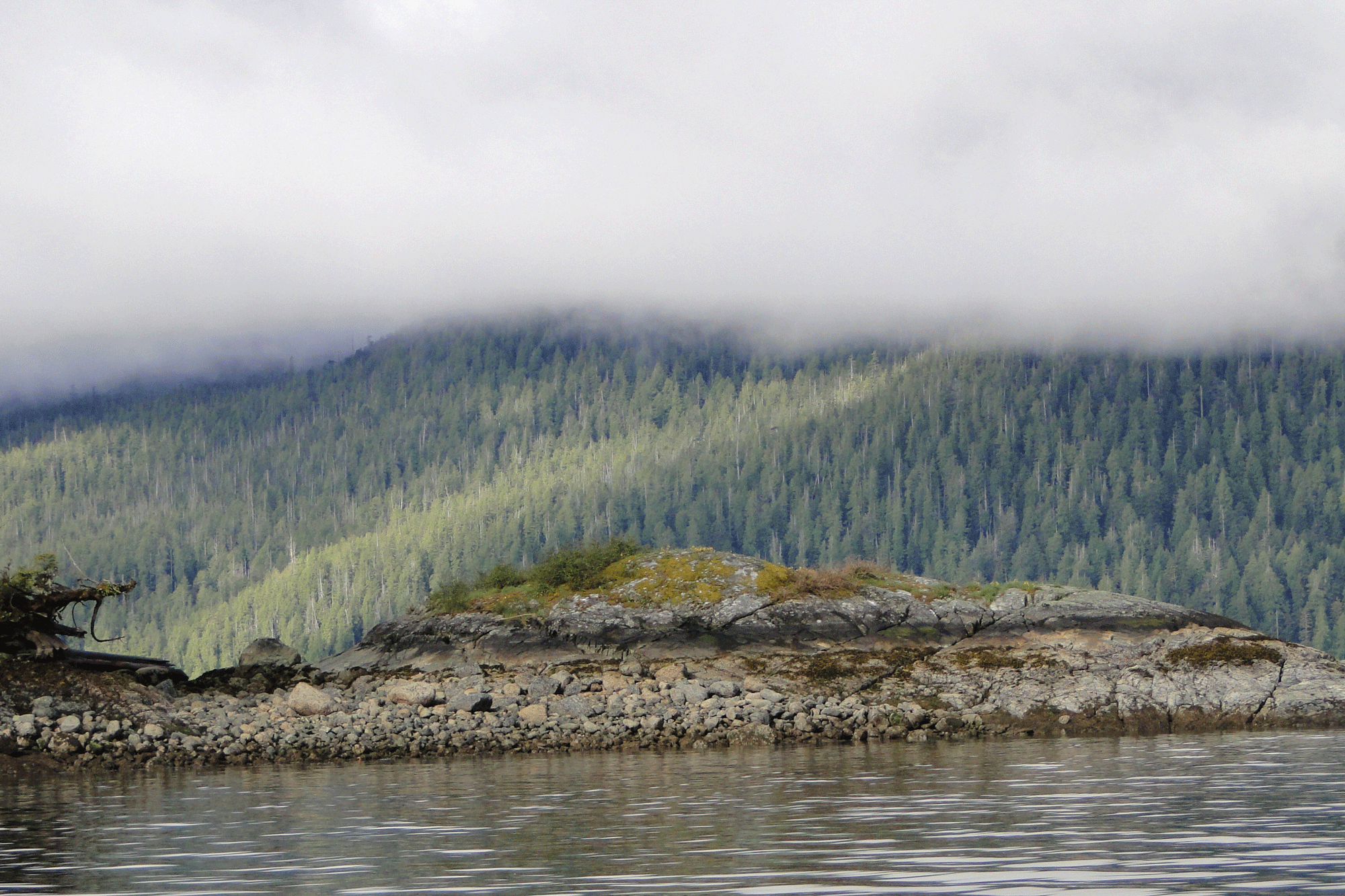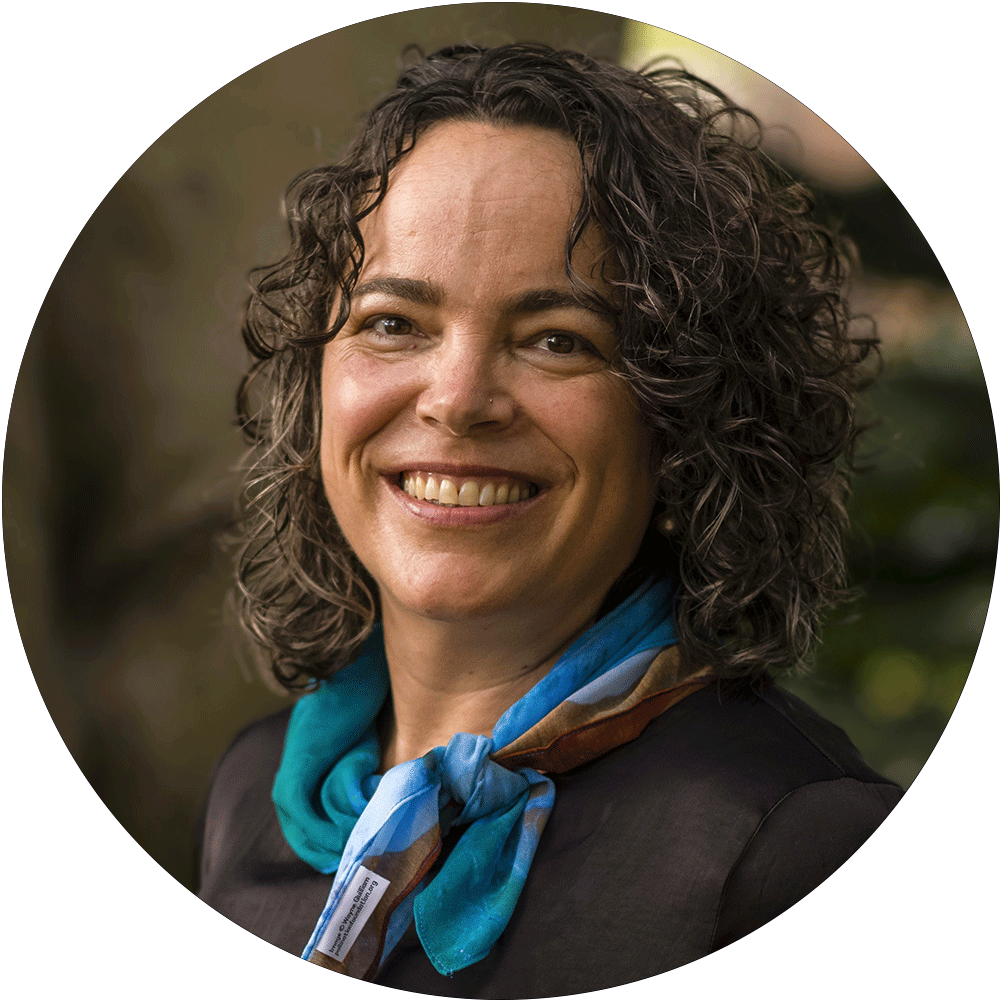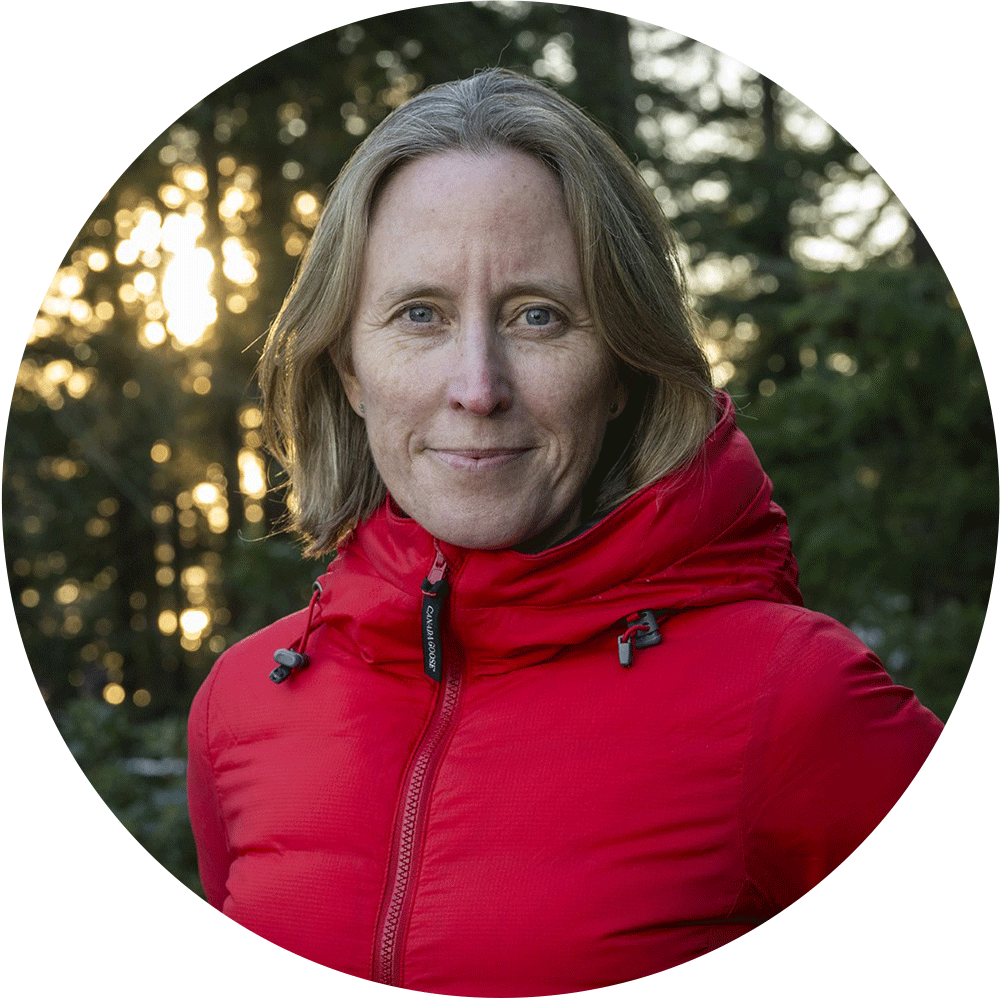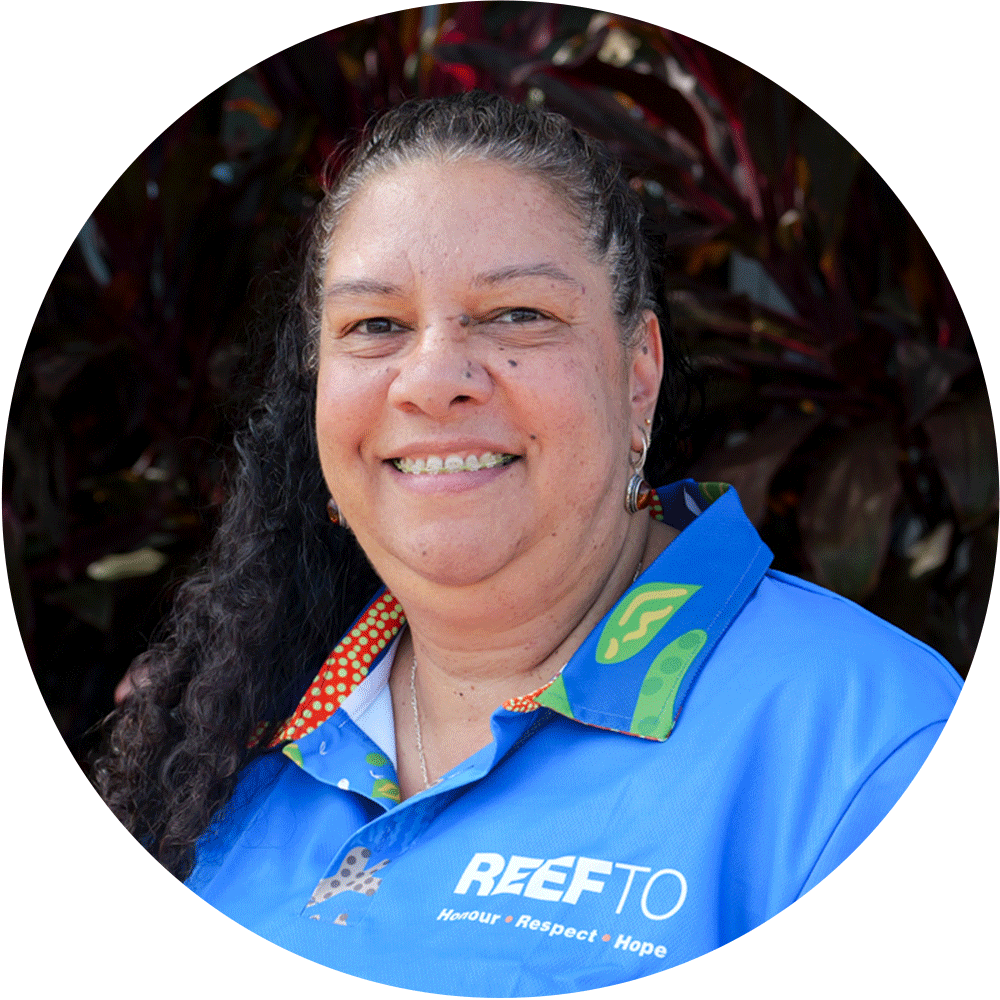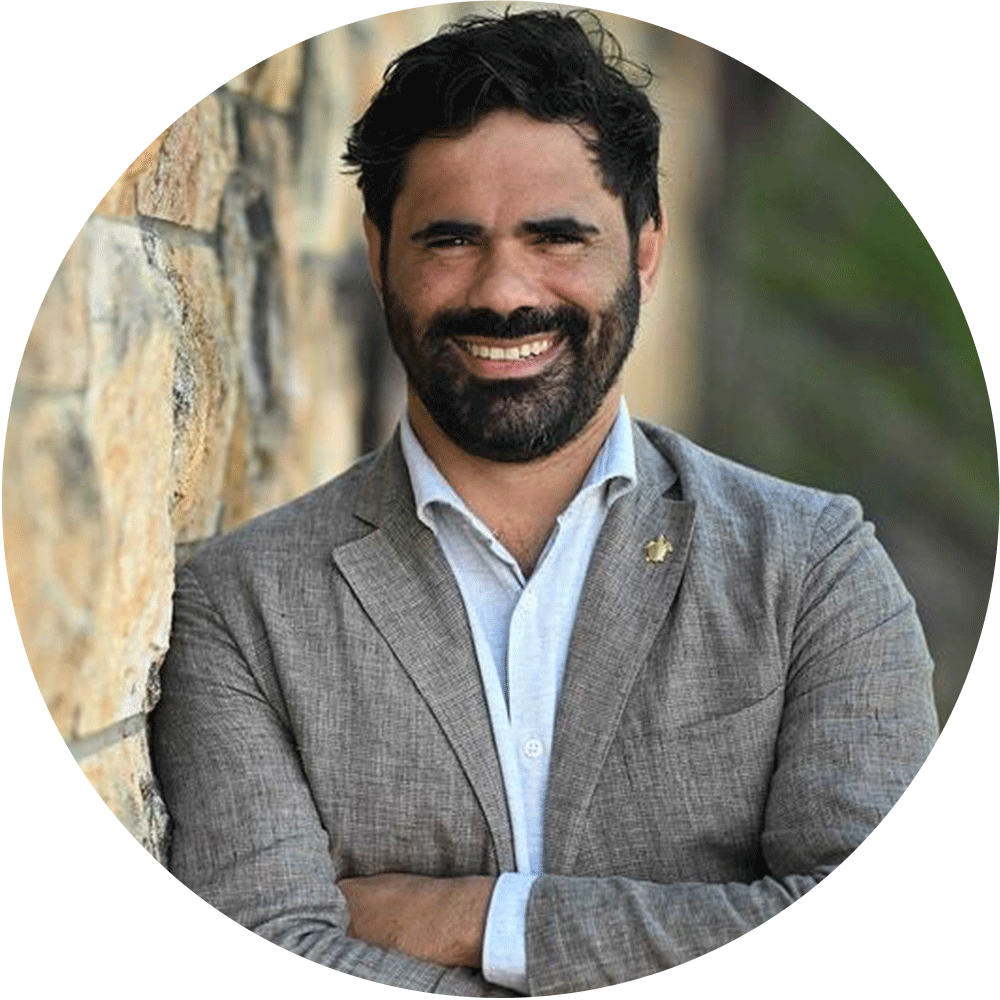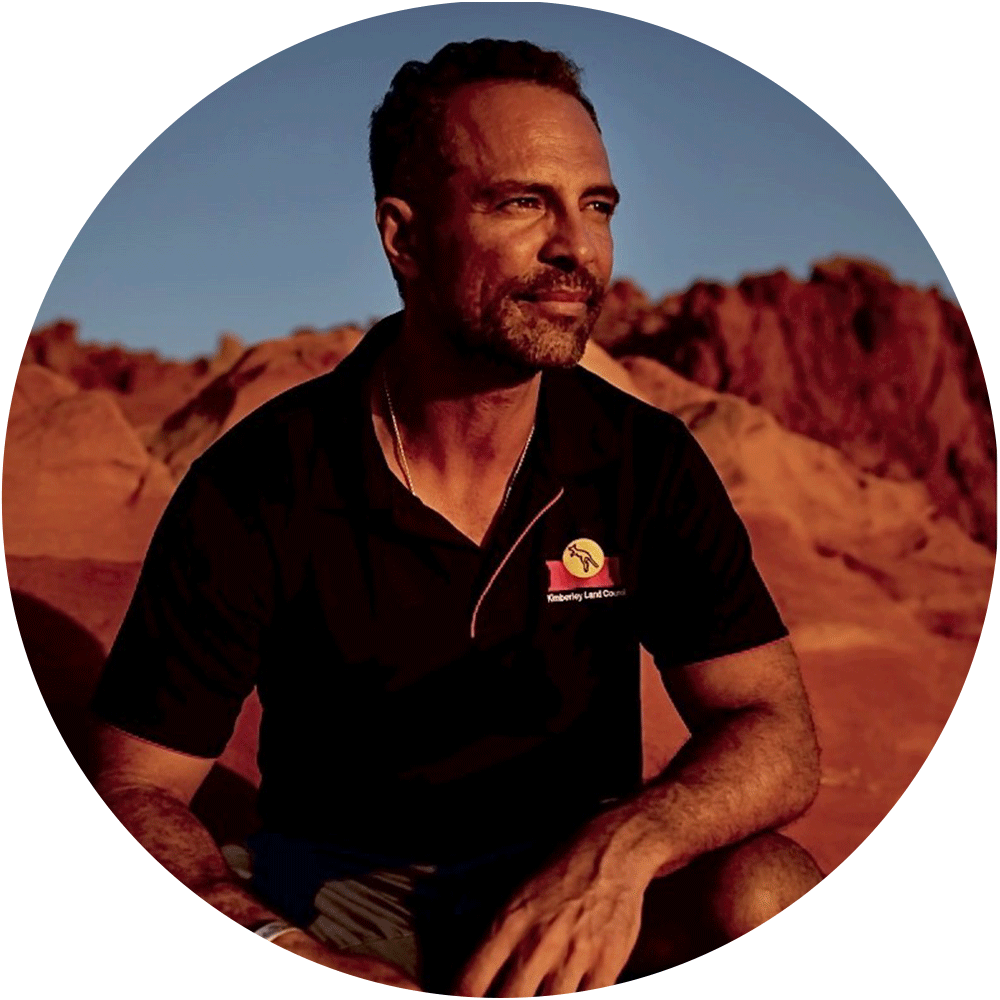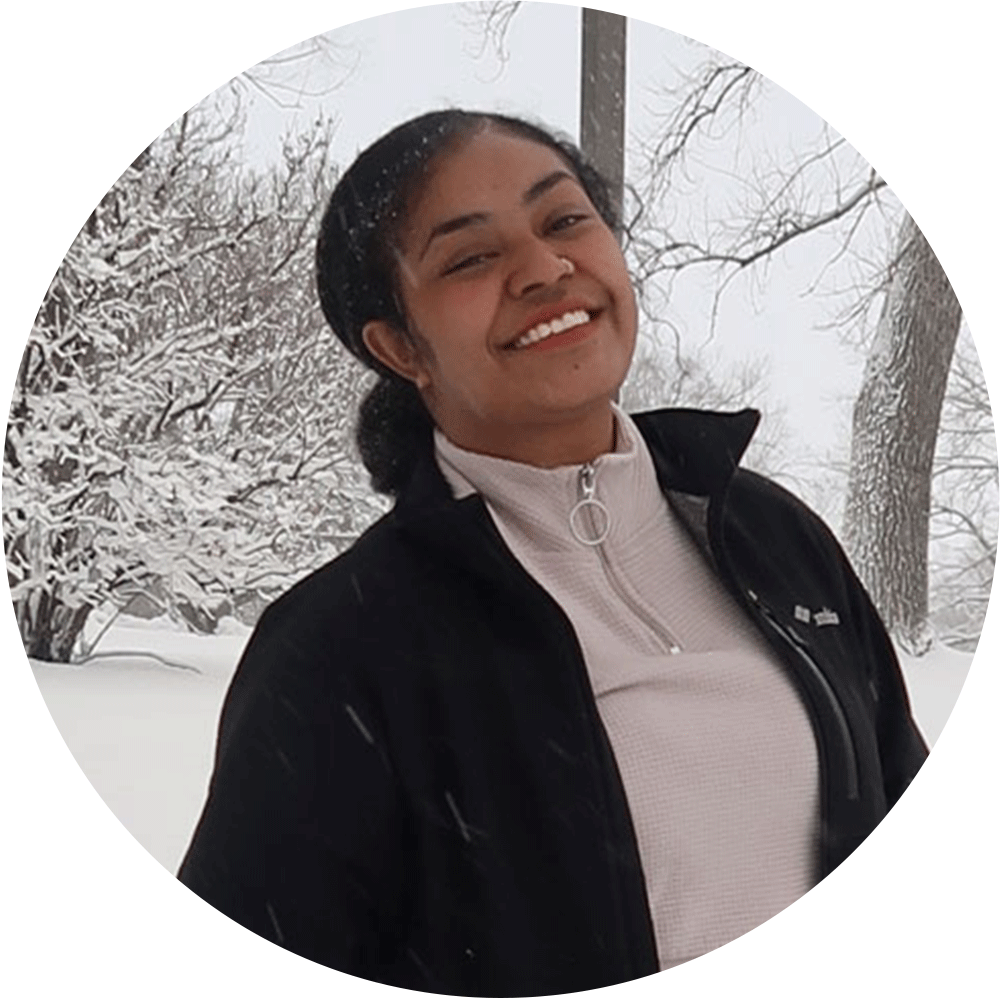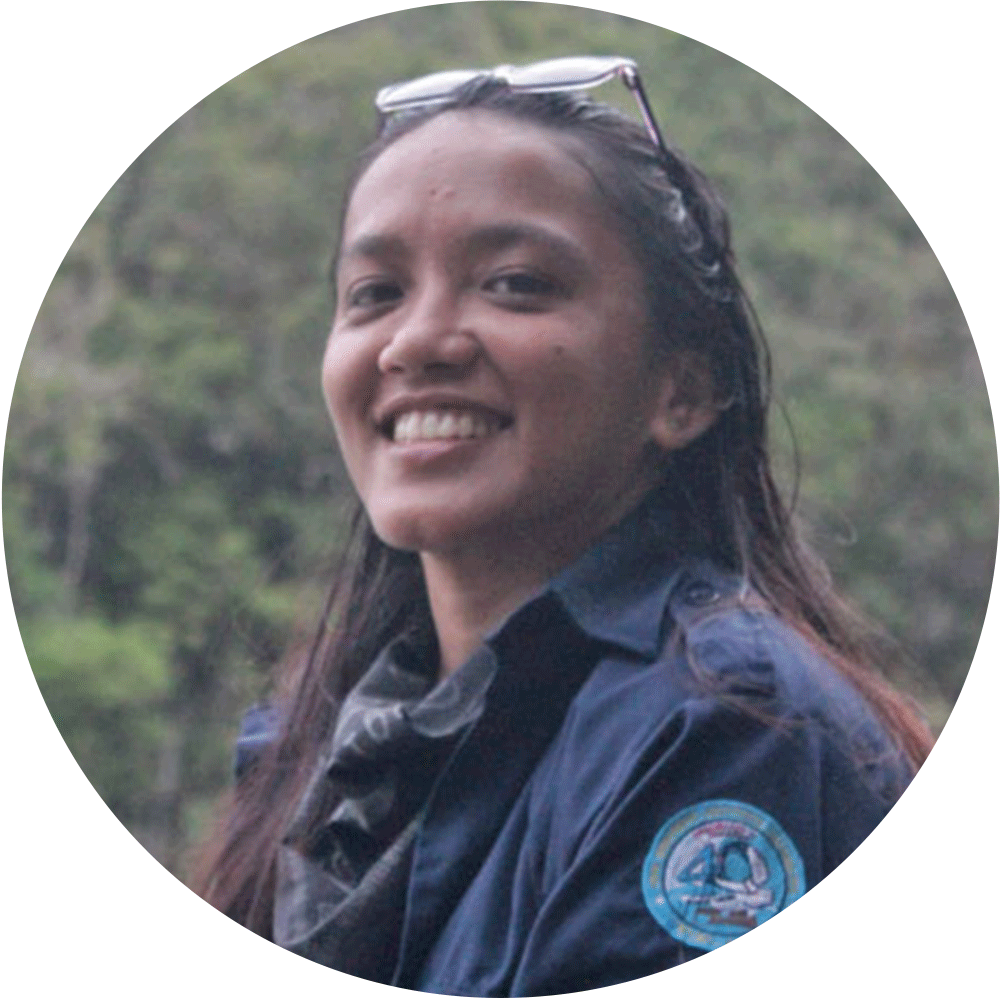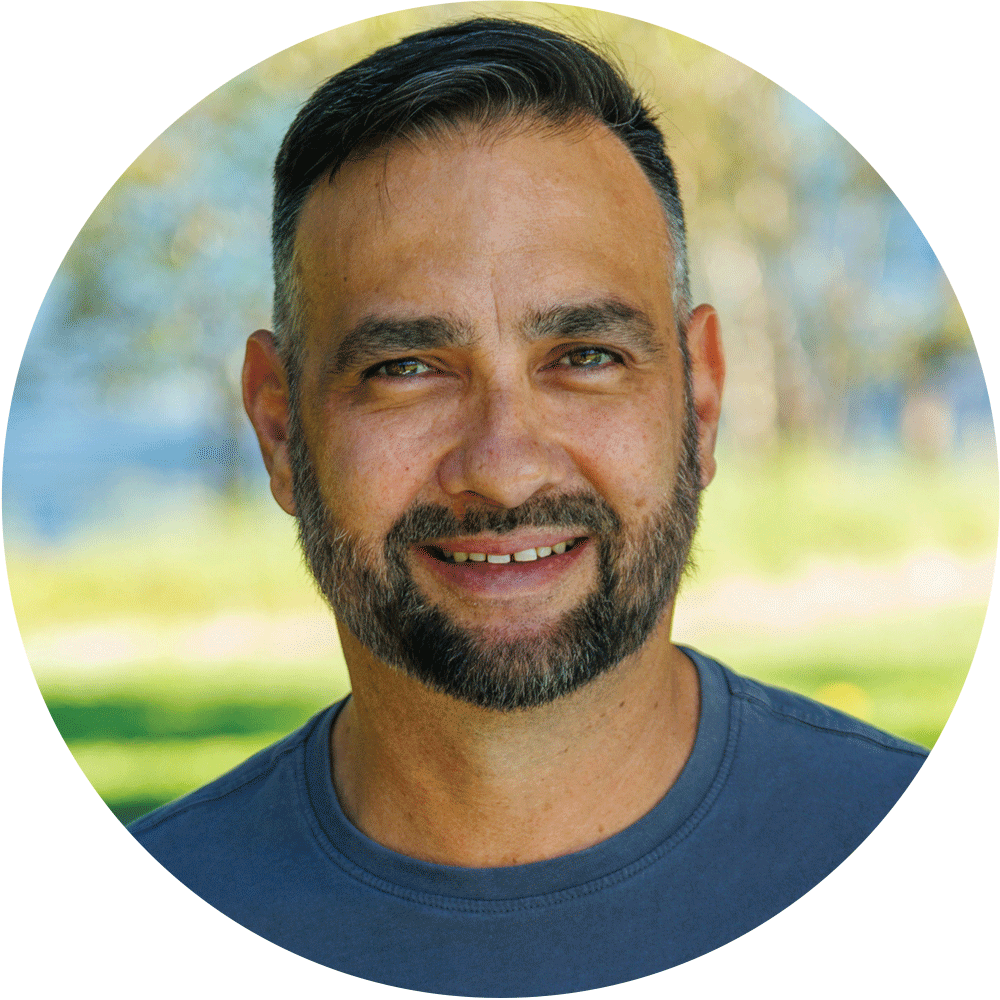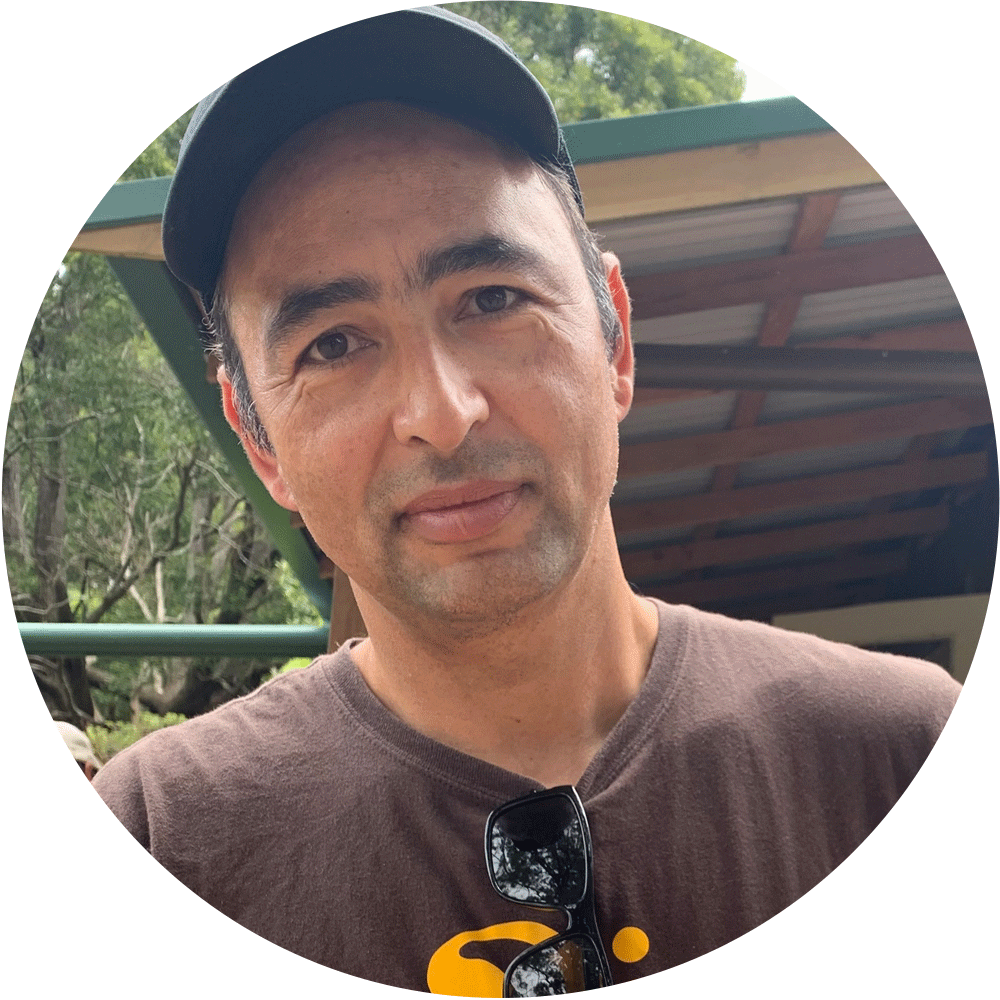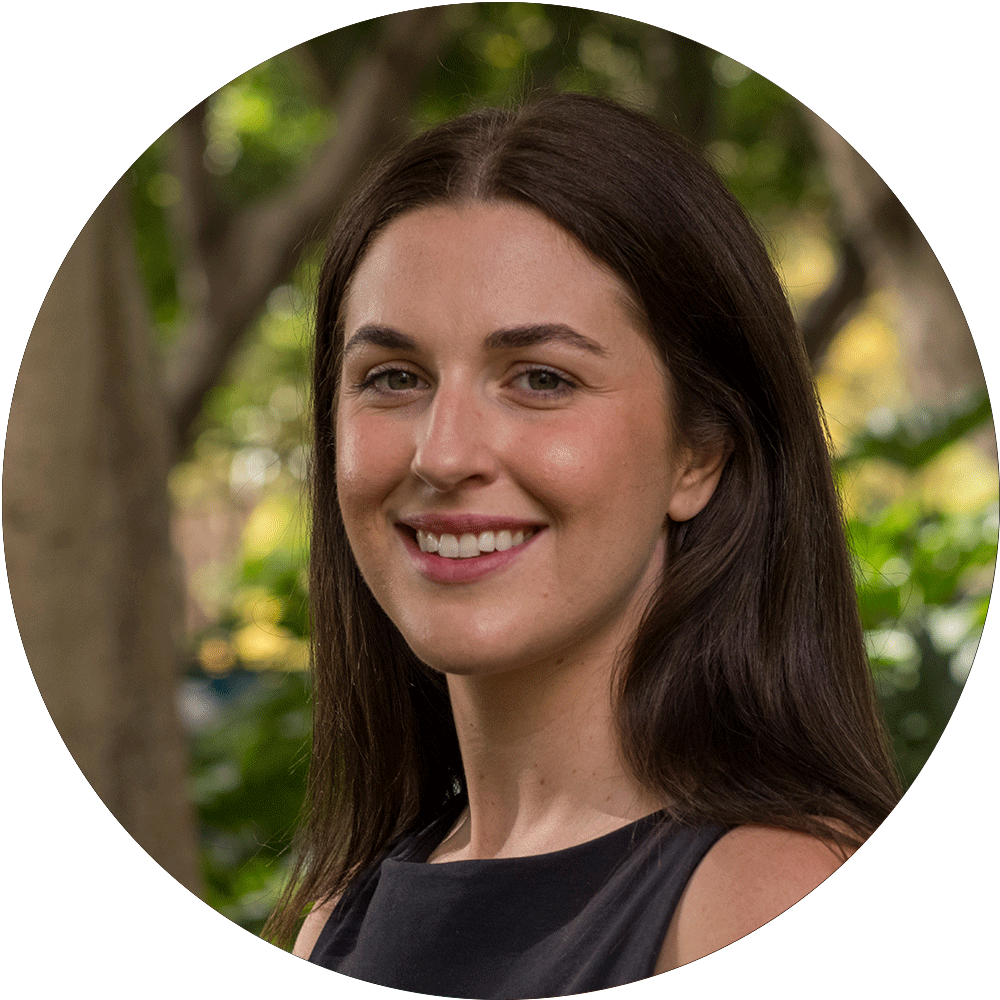Nature Finance Exchange 2025
Over two weeks in November 2025, we’ll gather with Indigenous leaders and allies from Australia, Canada, Indonesia, and the United States for a two-part event along the west coast of North America, from San Francisco to Vancouver Island, to exchange knowledge and explore opportunities to accelerate nature finance solutions with Indigenous leadership at the heart.
In Part 1: The Economic Futures Summit (4–6 November, San Francisco), participants will explore how finance and economics can evolve to serve both people and planet, building shared understanding of tools and pathways for nature-positive investment.
In Part 2: The Vancouver Island Gathering (8–13 November, IISAAK OLAM Clayoquot Campus, Tofino), a smaller group of collaborators from Australia, Canada, Indonesia, and the United States will come together for deep listening, cultural exchange, and co-creation. Hosted on the lands of the Tla-o-qui-aht First Nation, this gathering will focus on how Indigenous nations are financing restoration and stewardship, and what’s needed to strengthen confidence, capacity, and access to nature finance.
Together, the two gatherings will deepen understanding, strengthen relationships, and co-create pathways for policy, investment, and partnerships that put equity and Indigenous leadership at the heart of a nature-positive financial future.
Economic Futures Summit
We will be in San Francisco, California, Turtle Island, 4-6 November 2025 for the Economic Futures Summit—an Indigenous-led gathering to inspire sustainability solutions and reshape the economy for people, climate, and nature.
Who is ready for a deal?
Delivered across two sessions:
Session 1: Tuesday, November 4, 2025, 2:45pm – 4:00pm
Session 2: Thursday, November 6, 2025, 10:15am – 11:45am
We often talk about collective vision but, how often do we dig into what motivates a deal? Pollination Foundation will host an interactive workshop on readiness for Indigenous Nations, corporates, investors and philanthropies who are interested in exploring new partnership models and investment deals. We’ll use practical tools to explore how to align motivations, share case studies, test readiness tools and walk away with clear insights into aligning motivations as the first step.
Expected outcomes:
- New connections and expanded networks.
- Shared knowledge and collective insights gained from exploring case studies of Indigenous-led enterprise based on healing and stewarding nature.
- Test practical tools to support partnership readiness between Indigenous Nations, philanthropies, businesses, investors and governments.
